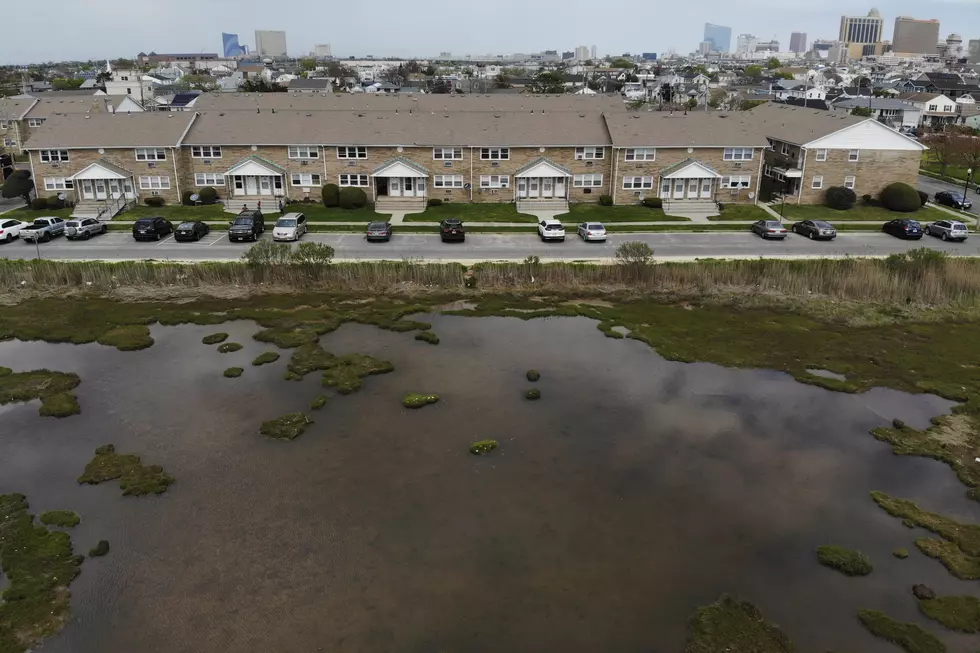
World nations approve pact to fight climate change
A landmark climate accord was approved on Saturday requiring that more than 190 countries lower their greenhouse gas emissions. The agreement is seen as an important step in the global effort to stave off the harmful effects of climate change.
Saturday’s accord in Le Bourget, France, came after two tense weeks of discussions, the culmination of nearly four years of negotiations between scientists, environmentalists and world leaders.
“Loud applause erupted in the conference hall outside of Paris after French Foreign Minister Laurent Fabius gaveled the agreement Saturday. Some delegates started crying. Others embraced,” the Associated Press reported.
“Delegates achieved what had been unreachable for two decades: a consensus on the need to move away from carbon-based fuels and a plan for the 195 nations to do so,” wrote the New York Times. “Though the final deal did not achieve all that environmentalists, scientists and some countries had hoped for, it set the table for further efforts to slow down the slide toward an unlivable planet.”
At October’s Republican debate, Gov. Christie said that New Jersey is among the top three states in the country that produce solar energy. Nevertheless, he said, he is not generally a proponent of governmental intervention to improve climate change.
"We worked with the private sector to make solar affordable and available to businesses and individuals in our state,” Christie said in the televised debate. “That's the way we deal with global warming — not through government intervention, not through government taxes, and for God's sake, don't send Washington another dime until they stop wasting the money they are already sending now."
Christie also said he supported investing in energy sources that New Jersey residents could afford without raising taxes, such as oil, natural gas and wind.
President Obama lauded the agreement on Saturday in an public address, calling it "the best chance we have to save the one planet we've got."
More From New Jersey 101.5 FM









